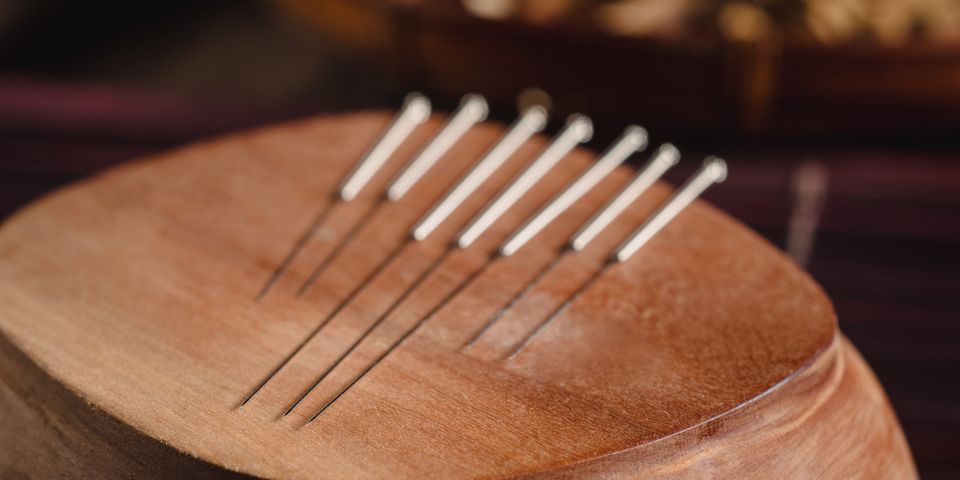A Brief History of Acupuncture

Acupuncture is widely used to address injuries, physical imbalances, and symptoms of chronic conditions. While the practice remains as popular as ever today, its history is far-reaching and is believed to extend thousands of years in the past. Find out more about this form of traditional Chinese medicine below.
Early History
The first recorded reports of acupuncture as a form of treatment were documented in Chinese literature in 100 BCE. Gold and silver needles, commonly used in the practice, were also discovered in the tomb of a prince of the same period.
Throughout the centuries, there were other mentions of acupuncture and its specific techniques. Practitioners believed that strategically inserting needles into the skin could help direct one’s chi, or life force, to promote wellness.

Many centuries later, a text was published during the Ming Dynasty outlining specific meridians. These pathways are believed to channel chi, and are often the points where needles can be inserted to encourage specific health outcomes. The text outlined 365 different meridian points.
Modern Era
Although acupuncture has been a tool for wellness in China for thousands of years, it didn’t take hold in the U.S. until the 1970s. It was then that a member of the peace corps received the treatment while recovering from an appendectomy. The practice garnered interest throughout the U.S., and eventually, President Nixon visited China to witness it firsthand.
Acupuncture took hold stateside, and in 1995, the Food and Drug Administration classified it as a safe and acceptable practice. Two years later, the National Institutes of Health acknowledge the therapeutic technique for its ability to help manage chronic pain, arthritis, and other conditions.
If you’re considering acupuncture, turn to Avicenna Acupuncture & Lymphedema Clinic in Denver, CO. This team of doctors specializes in alternative medicine and natural approaches to healing, including traditional Chinese medicine. Find out more about their treatments online or schedule an appointment by calling (303) 803-0675.
Please note that these services are not a replacement for seeking professional help.
About the Business
Have a question? Ask the experts!
Send your question

